________________________________________________________________________________
Massey Ferguson 230, 235, 240, 245, 250 diesel engine - Service and repair
Remove and reinstall engine assembly
Massey Ferguson 230, 235, 240, 245, 250 tractors equipped with diesel
engine use Perkins AD3.152 direct injection diesel engine. Different
versions of the AD3.152 engine have been used and can be identified by
the serial number suffix letters stamped on pad located near the fuel
transfer pump on right side of engine. Some service procedures will
differ slightly depending on whether or not there is an S in serial
number suffix letters. Engines with letter C in suffix code use a
one-piece lip type crankshaft rear oil seal. Engines that do not have
letter C in suffix code use a two-piece rope type crankshaft rear oil
seal.
Remove and reinstall engine assembly - Remove AD3.152 engine, first
remove front end assembly from engine as follows: Drain cooling system.
Remove hood, grille, side panels and radiator brace. Disconnect battery
cables and remove the battery. Disconnect headlight wires and thread
wiring rearward through the retainer clips. Disconnect radiator upper
and lower hoses, oil cooler hoses and power steering hoses. Disconnect
drag links from steering box pitman arms. Drive wooden wedges between
front axle and axle support to prevent tipping. Remove front end weights
if so equipped. Support front end assembly with a hoist. Support tractor
with a jack stand under transmission housing. Remove bolts attaching
axle support to front of engine, then roll front end assembly away from
engine. Separate engine from transmission, proceed as follows: Shut off
fuel, disconnect fuel lines and remove fuel tank. Disconnect air cleaner
hose. Disconnect injection pump stop control and throttle control.
Disconnect wiring from engine and starter motor. Remove starter motor
and solenoid. Disconnect tachometer drive cable from MF 230, 235, 240,
245, 250 engine. Remove bolts attaching steering box side panels to rear
of engine. Remove muffier (or exhaust pipe) from exhaust manifold.
Support engine with a hoist, remove bolts attaching engine to
transmission and carefully move engine forward from transmission. To
reinstall engine, reverse the removal procedure while noting the
following special instructions: Insiall an alignment stud in each side
of transmission housing to assist in aligning engine to transmission.
Turn nywheel to align clutch plate splines with transmission and pto
input shaft splines. After engine and transmission flanges meet, install
retaining bolts and nuts and tighten to 75 Nm (55 ft-lbs.) torque.
Tighten front axle support mounting bolts and nuts to 235 Nm (175
ft.-lbs) torque. Check clutch linkage adjustment.
Rocker arms AD3.152 - The rocker arms and shaft assembly can be removed
after removing the hood, fuel tank and rocker arm cover. The rocker arms
are right-hand and left hand units and should be installed on shaft.
Rocker shaft diameter is 15.81-15.84 mm (0.6225-0.6237 inch) and desired
diametral clearance between shaft and rocker arms is 0.02-0.09 mm
(0.0008-0.0035 inch). Renew shaft and/or rocker arms if clearance
exceeds 0.13 mm (0.005 inch). The amount of oil circulating to the
rocker arms is regulated by the position of the rocker shaft in the
support brackets. This position is indicated by a slot in front end of
shaft and should be set at approximately 30 degrees from vertical. On
late production engines, shaft is positioned correctly by a dowel pin in
one of the support brackets.
Timing gear cover
Remove the timing gear cover, drain the cooling system and oil pan.
Remove front grille panels and disconnect battery cables. Remove fuel
tank cap, radiator cap and hood. Disconnect headlight wires and pull
wiring free. Disconnect both radiator hoses, radiator brace and, on
models so equipped, hydraulic oil lines and front mounted pump. Support
Massey Ferguson 230, 235, 240, 245, 250 tractor at front of
transmission. Position wedge blocks between front axle and axle support.
Support the front end assembly at front and rear. Disconnect drag links
and radius rods at rear of models so equipped. On models with drag
links, attach drag links to axle so wheels will be straight ahead and
will not turn. On Massey Ferguson 230, 235, 240, 245, 250 tractors with
power steering, disconnect lines and cover all hydraulic steering
openings. Unbolt the front assembly and carefully roll away from
tractor. Remove the crankshaft pulley, fan belt, water pump and
alternator mounts. Unbolt and remove the timing gear cover. Press, do
not pry, old seal from cover. The camshaft thrust spring is riveted to
rear face of timing gear cover and controls end play of camshaft.
Reinstall timing gear cover, first install a new oil seal into cover
using suitable installing tool. Install timing gear cover with a new
gasket on front of engine, but do not tighten mounting cap screws at
this time. Lubricate lip of seal, then carefully position crankshaft
pulley onto crankshaft to center seal and cover to the crankshaft. Hold
cover in centered position while tightening several cover retaining cap
screws. Remove crankshaft pulley, then tighten all cap screws securely.
Reinstall crankshaft pulley and tighten retaining cap screw to 142 Nm
(105 ft-lbs.) torque. Complete installation by reversing the removal
procedure.
Timing gears - Before attempting to remove any of the timing gears,
first remove fuel tank, rocker arm cover and rocker arms assembly to
avoid the possibility of damage to pistons or valve train if camshaft or
crankshaft should be turned independently of the other. Timing gear
backlash should be 0.08-0.15 mm (0.003.0.006 inch) between the large
idler gear and any of the other gears in the timing train. Replacement
gears are available in standard size only. If backlash is not within
specified limits, renew the idler gear, idler gear shaft and/or any
other gears concerned. Remove the timing gears or time the Massey
Ferguson 230, 235, 240, 245, 250 engine, unstake and remove the idler
gear retaining bolt and slip the gear off idler shaft. The idler shaft
is a light press fit in timing gear housing and is further positioned by
the locating pin. Pry the shaft from its place in timing gear housing if
renewal is indicated. The crankshaft gear is keyed in place and fits the
shaft with a transition fit, 0.025 mm (0.001 inch) tight to 0.025 mm
(0.001 inch) loose. If the old gear is a loose fit, it may be possible
to pry it off the shaft with a heavy screwdriver or light pry bar. If a
puller is needed, it will first be necessary to remove the oil pan and
small lower section of timing gear housing. The camshaft gear and
injection pump drive gear can be removed by removing the retaining cap
screws and withdrawing the gears. Camshaft gear - The gear is attached
to camshaft by three equally spaced cap screws which thread into
camshaft flange. It is possible, therefore, to install the gear in three
positions, only one of which is correct. Th correctly install the gear,
align the stamped letters D on camshaft hub and front face of gear.
Tighten cap screws to 27 Nm (20 ft.-lbs.) torque.
Injection pump drive gear - The injection pump drive gear is retained to
the pump adapter by three cap screws. When installing the gear, align
dowel pin with slot in adapter bub, then install the retaining cap
screws. The injection pump drive gear and adapter are supported by the
injection pump rotor bearings. Idler gear - The idler gear is retained
on idler shaft by a cap screw and washer. Idler gear bore diameter
should be 53.98-54.02 mm (2.125-2.127 inches) and idler shaft diameter
should be 53.92-53.94 mm (2.123-2.124 inches). Gear to shaft diametral
clearance should be 0.04-0.10 mm (0.0016-0.0039 inch). Gear end play on
shaft should be 0.13-0.38 mm (0.005-0.015 inch). When reinstalling gear,
make certain all timing marks are aligned. Tighten retaining cap screw
to 68 Nm (50 ft.-lbs.) torque. Timing the gears - Due to the odd number
of teeth on idler gear, the timing marks will align only once in 18
crankshaft revolutions. To time the engine after the gears are removed,
first install camshaft gear and the injection pump gear. Install the
crankshaft gear on keyed shaft with timing mark to the front. Turn
crankshaft, camshaft and injection pump until the respective timing
marks point approximately toward idler gear hub; then, install idler
gear aligning timing marks. Timing gear housing - Remove timing gear
housing, first remove timing gear cover, then remove timing gears.
Remove oil pan, fuel lift pump and injection pump. Remove power steering
pump if not previously removed. Remove rocker arms and shaft assembly.
Raise and secure cam followers in the fully raised position, then
withdraw camshaft. Unbolt and remove timing gear housing. Reinstall by
reversing the removal procedure.
Camshaft and connecting rods
Remove the camshaft, first remove timing gear cover. Remove fuel tank,
rocker arm cover and rocker arms and shaft assembly. Raise and secure
cam followers in their uppermost position. Remove fuel lift pump, then
withdraw camshaft. The camshaft runs in three journal bores machined
directly in Massey Ferguson 230, 235, 240, 245, 250 engine block. The
front and rear camshaft bearings are gravity lubricated by return oil
from the rocker arms. The center journal is pressure lubricated by an
external oil line. The center journal, in turn, meters oil to the rocker
shaft and cylinder head through a second short oil feed line. Inspect
camshaft lobes and bearing journals for excessive wear, scoring, pitting
or other damage and renew if necessary. Recommended bearing journal
diametral clearance in cylinder block bores is 0.10-0.20 mm (0.004-0.008
inch). It is recommended that cam followers also be renewed if camshaft
is renewed. Camshaft end play is controlled by the leaf-type spring
riveted to rear face of timing gear cover. Camshaft specifications are
as follows: Journal Diameter - Front - 47.47-47.50 mm (1.869-1.870 in.),
Center - 47.22-47.24 mm (1.859-1.860 in.), Rear - 46.71-46.74 mm
(1.839-1.840 in.). Cylinder Block Bore Diameter - Front - 47.60-47.67 mm
(1.874-1.877 in.), Center - 47.35-47.42 mm (1.864-1.867 in.), Rear -
46.84-46.91 mm (1.844-1.847 in). Reinstall camshaft, reverse the removal
procedure. If camshaft gear was removed, be sure stamped letters on gear
and camshaft flange are aligned. Tighten gear retaining cap screws to 27
Nm (20 ft.-Ibs.) torque.
Connecting rods and bearings - Connecting rod bearings are precision
type, renewable from below after removing oil pan and bearing caps. When
renewing bearing shells, be sure the projection engages milled slot in
rod and cap and that the correlation numbers on rod and cap are in
register and face away from camshaft side of engine. Replacement rods
should be marked with the cylinder number in which they are installed.
Bearings are available in standard, as well as 0.25, 0.50 and 0.75 mm
(0.010, 0.020 and 0.030 inch) undersizes. Connecting rod bearing
diametral clearance should be 0.06-0.10 mm (0.0025-0.0040 inch).
Recommended connecting rod side clearance is 0.24-0.50 mm (0.010-0.020
inch). Manufacturer recommends renewing connecting rod cap bolts and
nuts whenever they are removed.
Crankshaft and bearings
The crankshaft is supported in four precision type main bearings. To
remove crankshaft, drain engine oil. Remove Massey Ferguson 230, 235,
240, 245, 250 engine. Remove oil pan, timing gear cover and lower cover
from timing gear case. Remove engine oil pump. Remove clutch, flywheel,
engine adapter plate and crankshaft rear oil seal. Remove connecting rod
bearing caps and main bearing caps, then lift crankshaft from cylinder
block. The upper and lower halves of the front main bearing insert are
not interchangeable with other bearings or with each other. The four
insert halves of the second and third main bearings are all alike. The
upper and lower halves of the rear main bearing are alike, but not
interchangeable with other bearing inserts. Main bearing inserts are
available in standard size and 0.25, 0.50 and 0.75 mm (0.010, 0.020 and
0.030 inch) undersizes. Crankshaft end play is controlled by renewable
thrust washers at front and rear of rear main bearing. The cap half of
thrust washer is prevented from turning by the tab which fits in a
machined notch of cap. Block half of washer can be rolled from position
when cap is removed. Recommended crankshaft end play is 0.05-0.38 mm
(0.002-0.015 inch). Thrust washers are available in 0.18 mm (0.007 inch)
oversize as well as standard thickness. One set (top and bottom) of
oversize thrust washers may be installed on one side (front or rear) in
combination with standard size set at other side to provide oversize
adjustment of 0.18 mm (0.007 inch). Two sets of oversize thrust washers
may be used to provide adjustment of 0.36 mm (0.014 inch). Crankshaft
balance weights are available only in matched pairs because maximum
variation between weights must be less than 28 grams (1 ounce). Tighten
weight retaining cap screws to 68-75 Nm (50·55 ft.-lbs.) torque, then
bend lock tabs to lock screws in place.
Check crankshaft against the standard sizes listed below: Main Joumal
Diameter - 69.81-69.83 mm (2.7485-2.7492 in.). Crank pin Diameter -
57.11-57.13 mm (2.2485-2.2492 in). Main Bearing Clearance MF 230, 235,
245 - 0.08-0.13 mm (0.003-0.005 in.). Main Bearing Clearance MF 240, 250
- 0.05-0.10 mm (0.002-0.004 in.). Rod Bearing Clearance - 0.06-0.10 mm
(0.0025-0.0040 in.). Crankshaft End Play - 0.05-0.38 mm (0.002-0.015
in.). To reinstall crankshaft, reverse the removal procedure. Note that
main bearing caps are numbered 1 through 4 with number 1 cap at front of
engine. The caps are also marked with a serial number which corresponds
with and must be in line with serial numbers stamped on bottom of
cylinder block. Make certain thrust washers are installed with grooved
side towards crankshaft. Tighten main bearing cap screws to 150 Nm (110
ft-lbs.) torque.
Crankshaft rear oil seal
Rope type rear - The rope type rear oil seal is contained in a two-piece
retainer attached to rear face of cylinder block. The rope seal is cut
to correct length and should be installed in retainer halves with
0.25-0.50 mm (0.010-0.020 inch) of the seal protruding from each end of
retainer. Do not trim ends of seal. To install the seal, clamp each half
of retainer in a vise. Make sure seal groove is clean. Start each end of
seal in groove with the specified amount of free end protruding. Allow
seal rope to buckle in the center until about 25 mm (1 inch) of each end
is bedded in groove, work center of seal into position, then roll with a
round bar. Repeat the process with the other half of seal. Install seal
retainer as follows: Clean sealing surfaces of block, bearing cap and
seal retainers. Coat both sides of retainer gasket and end joints of
retainer halves with a suitable gasket cement. Coat surface of rope seal
with engine oil. Assemble retainer halves around crankshaft and install
cap screws loosely. Be sure that retainer half with oil return slot is
toward bottom of engine. Tighten the two long cap screws with nuts to 8
Nm (6 ft.-lbs.) torque, then tighten cap screws to cylinder block and
bearing to 16 Nm (12 ft.-lbs.). Finish by tightening the two long cap
screws and nuts to final torque of 16 Nm (12 ft.-lbs.).
Lip type seal - The lip type rear oil seal is contained in a one-piece
retainer which is attached to rear of cylinder block. When renewing
seal, inspect crankshaft flange for wear in seal contact area. If flange
is grooved, seal should be pressed further into retainer so seal lip
will contact area of flange that is not worn. The crankshaft seal
surface may be machined, if necessary, to smooth seal surface. Make
certain seal is pressed squarely into retainer. Lubricate seal lip and
crankshaft flange prior to installing seal. Tighten retainer cap screws
to 18 Nm (14 ft.-lbs.) torque.
Flywheel - To remove the flywheel, first separate the engine from
transmission housing and remove the clutch. Flywheel is secured to
crankshaft flange by six evenly spaced cap screws. To properly time
flywheel to engine during installation, be sure that unused hole in
flywheel aligns with untapped bole in crankshaft flange. On Massey
Ferguson 230, 235, 240, 245, 250 models, shims may be installed between
the crankshaft and flywheel. Check for these shims upon disassembly to
prevent loss or damage. Be sure shims are reinstalled when flywheel is
installed. The starter ring gear can be renewed after flywheel is
removed. Heat new ring gear to 245C (475F). Do not overheat as gear heat
treatment could be destroyed. Install gear on flywheel with beveled end
of teeth facing forward. Allow gear to air cool. Reinstall flywheel and
tighten mounting cap screws to 106 Nm (78 fl-lbs.) torque. Check
flywheel runout with a dial indicator after flywheel is installed.
Runout measured at machined surface of outer diameter must not exceed
0.30 mm (0.012 inch). Runout measured at clutch surface must not exceed
0.025 mm (0.001 inch) for each 25 mm (1 inch) from flywheel centerline
to point of dial indicator measurement. If runout is excessive, remove
flywheel and check for burrs or foreign material.
Oil pan - The cast iron oil pan serves as part of MF 230, 235, 240, 245,
250 tractor frame and as attaching point for tractor front support. To
remove oil pan, first drain engine oil. Support tractor under
transmission housing, then remove front axle and support housing
assembly. Support oil pan, remove retaining cap screws and lower pan
from cylinder block. Reinstall, reverse the removal procedure. Oil pump
- The rotary type oil pump is mounted on front main bearing cap and
driven from the crankshaft timing gear through an idler. Remove the oil
pump, first remove oil pan. Disconnect oil delivery pipe from cylinder
block and oil suction pipe from main bearing cap. Unbolt and remove the
front main bearing cap with oil pump attached. Pump can be unbolted from
main bearing cap after removing idler gear. Check rotor clearance with a
feeler gage. Clearance should be 0.01-0.06 mm (0.0005-0.0025 inch).
Outer rotor to body clearance should be 0.028-0.033 mm (0.011-0.013
inch). Inner rotor end clearance should be 0.04-0.08 mm (0.0015-0.0030
inch) and outer rotor end clearance should be 0.01-0.06 mm
(0.0005-0.0025 inch). If pump rotor or body are worn, scored or damaged,
pump assembly must be renewed. Remove oil pressure relief valve spring
and plunger from pump body. Inspect plunger and bore in pump body for
wear or scoring and renew if necessary. Oil pressure should be 345445
kPa (50-65 psi) at high idle speed with engine at normal operating
temperature. If oil pump drive gear was removed, press gear onto shaft,
with flat face of gear outward, until face of gear is flush with end of
shaft. Reinstall pump by reversing the removal procedure. Tighten main
bearing cap screws to 150 Nm (110 ft-lbs.) torque.
________________________________________________________________________________
________________________________________________________________________________________
________________________________________________________________________________________
________________________________________________________________________________________
________________________________________________________________________________________
________________________________________________________________________________________
________________________________________________________________________________________
________________________________________________________________________________________
________________________________________________________________________________________
________________________________________________________________________________________
________________________________________________________________________________________
________________________________________________________________________________________
________________________________________________________________________________________
________________________________________________________________________________________
________________________________________________________________________________________
________________________________________________________________________________________
________________________________________________________________________________________
________________________________________________________________________________________
________________________________________________________________________________________
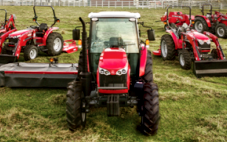 SPECS
SPECS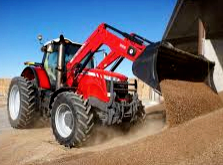 LOADERS
LOADERS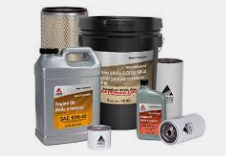 MAINTENANCE
MAINTENANCE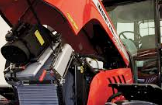 PROBLEMS
PROBLEMS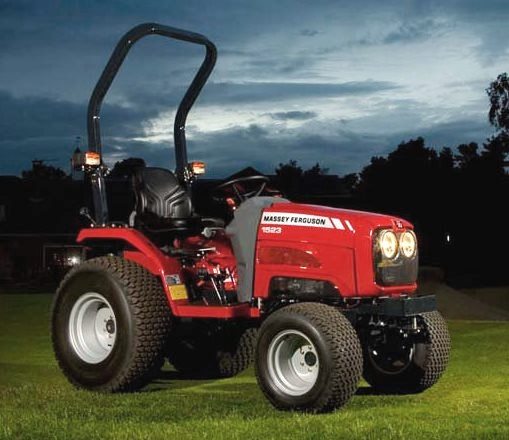 MF 1523
MF 1523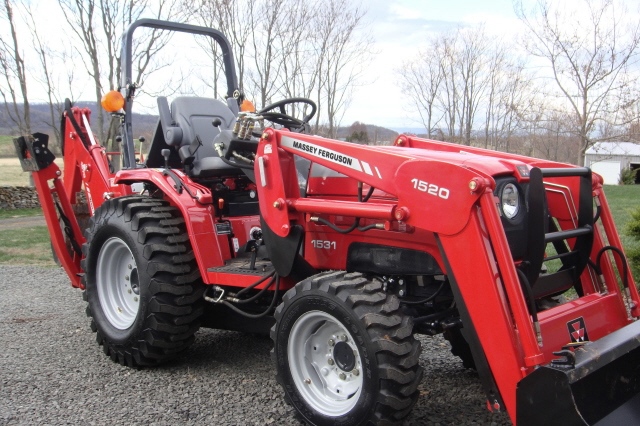 MF 1531
MF 1531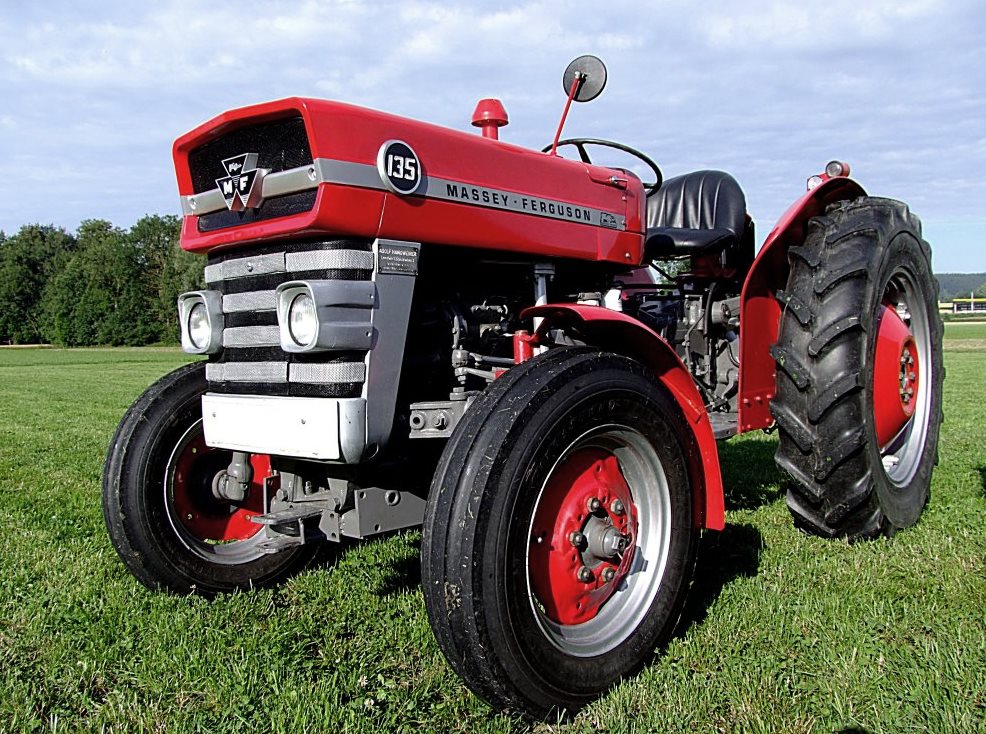 MF 135
MF 135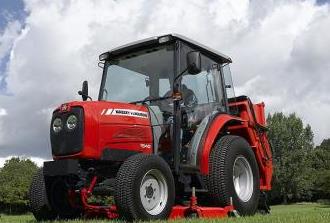 MF 1547
MF 1547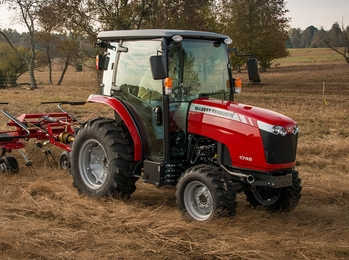 MF 1635
MF 1635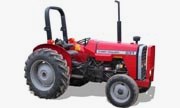 231
231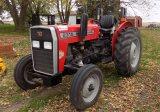 231S
231S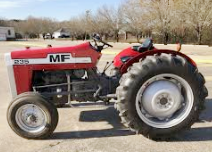 235
235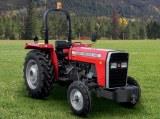 240
240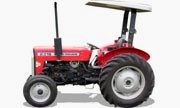 241
241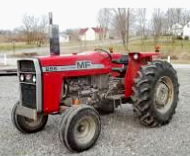 255
255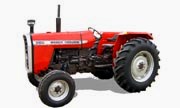 265
265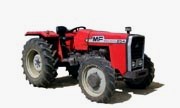 274
274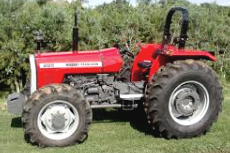 285
285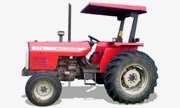 375
375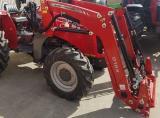 916X Loader
916X Loader 921X Loader
921X Loader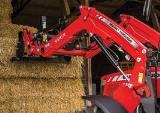 926X Loader
926X Loader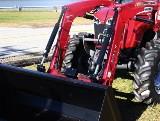 931X Loader
931X Loader 936X Loader
936X Loader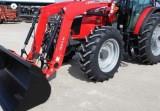 941X Loader
941X Loader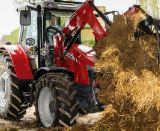 946X Loader
946X Loader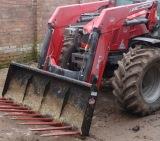 951X Loader
951X Loader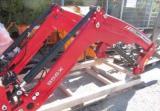 956X Loader
956X Loader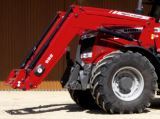 988 Loader
988 Loader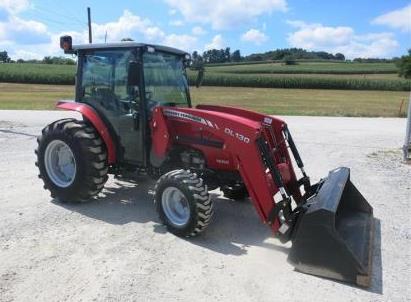 1655
1655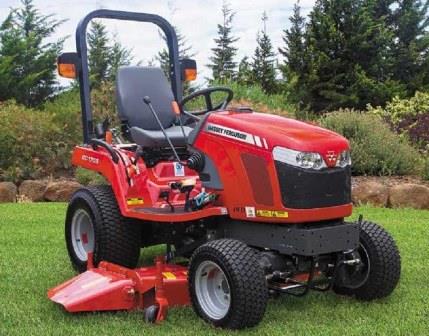 GS1705
GS1705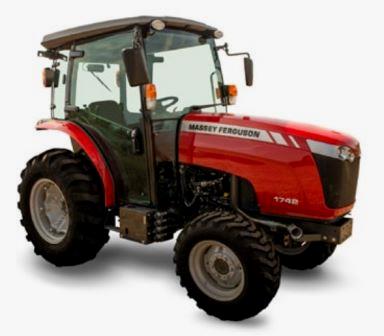 1742
1742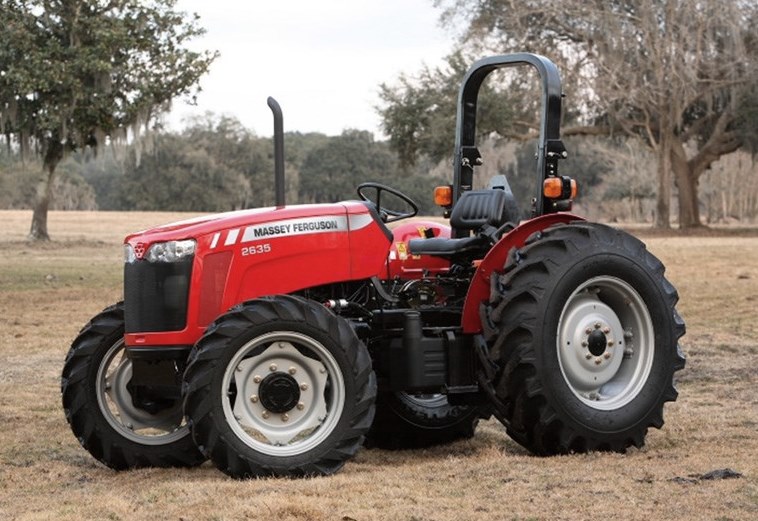 2635
2635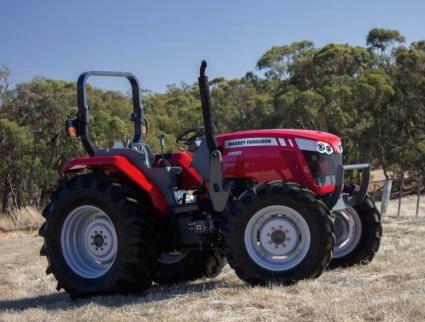 4608
4608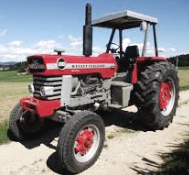 1080
1080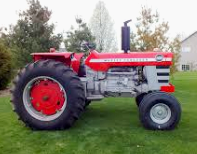 1100
1100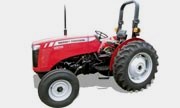 2615
2615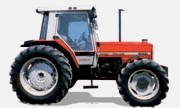 3050
3050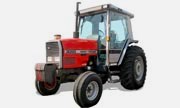 3060
3060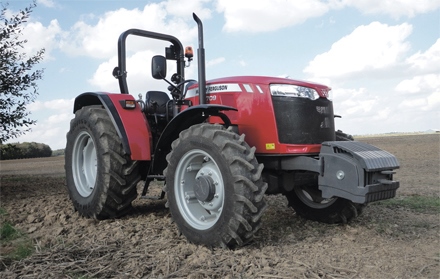 4708
4708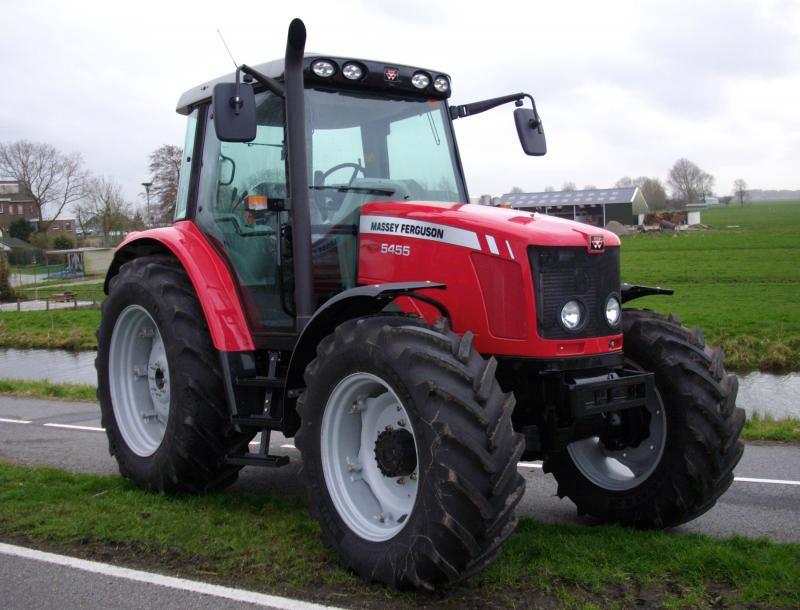 5455
5455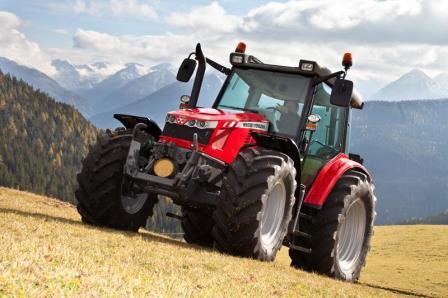 5450
5450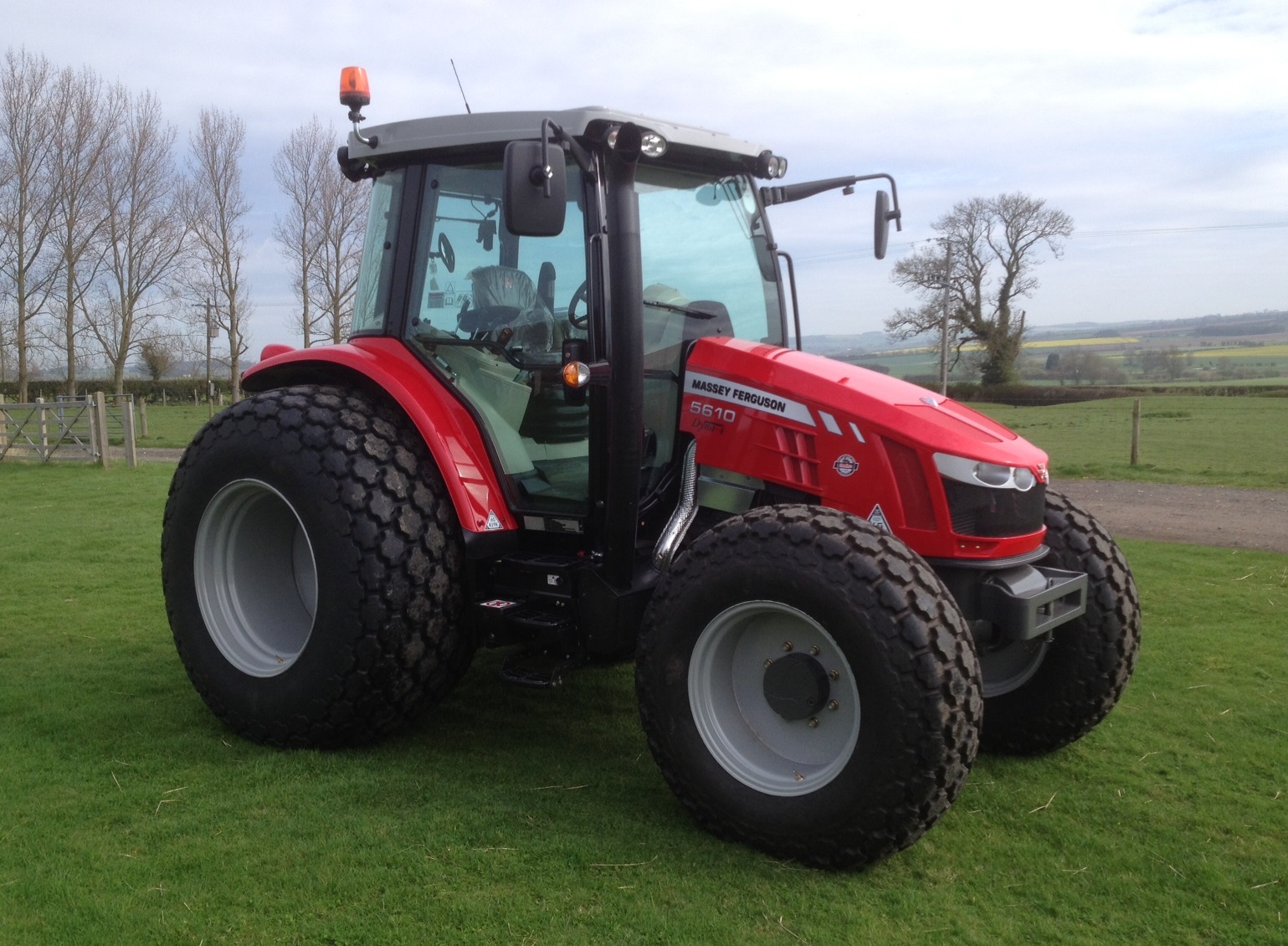 5610
5610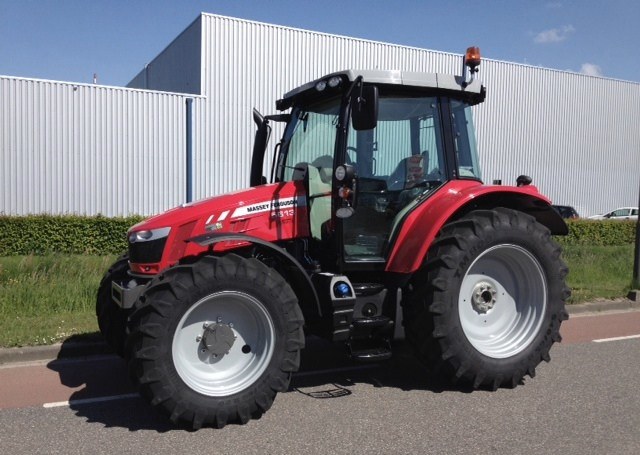 5613
5613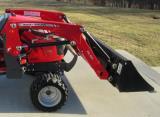 DL95 Loader
DL95 Loader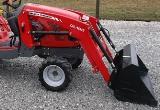 DL100 Loader
DL100 Loader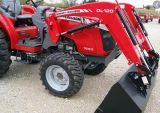 DL120 Loader
DL120 Loader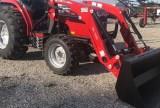 DL125 Loader
DL125 Loader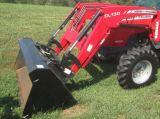 DL130 Loader
DL130 Loader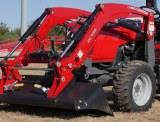 DL135 Loader
DL135 Loader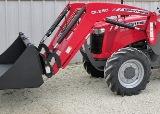 DL250 Loader
DL250 Loader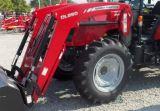 DL260 Loader
DL260 Loader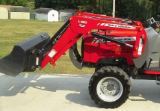 L90 Loader
L90 Loader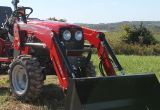 L100 Loader
L100 Loader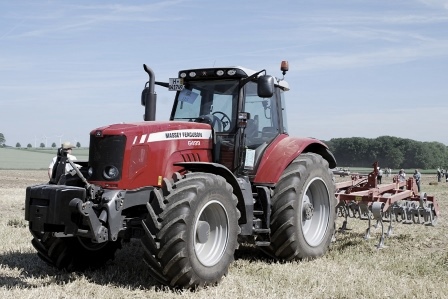 6499
6499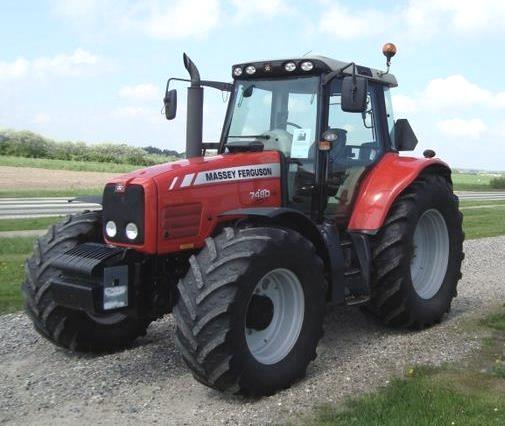 7480
7480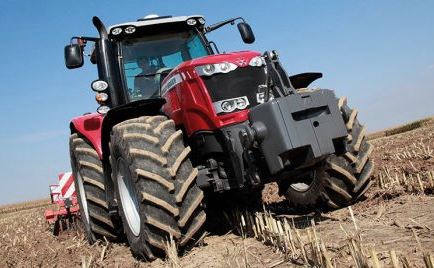 7618
7618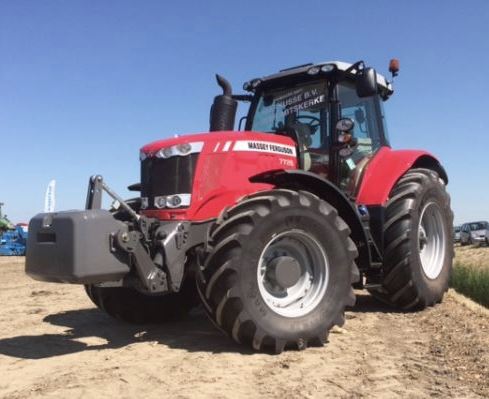 7726
7726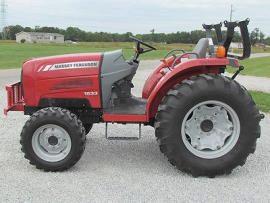 1533
1533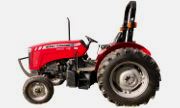 2604H
2604H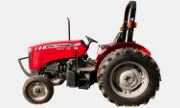 2607H
2607H 4455
4455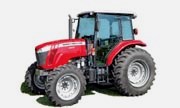 4610M
4610M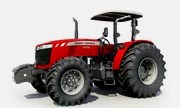 4710
4710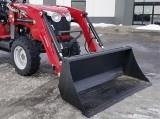 L105E Loader
L105E Loader L210 Loader
L210 Loader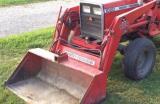 1014 Loader
1014 Loader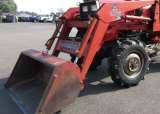 1016 Loader
1016 Loader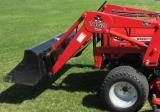 1462 Loader
1462 Loader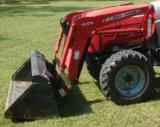 1525 Loader
1525 Loader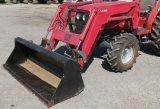 1530 Loader
1530 Loader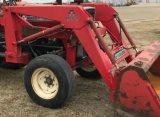 232 Loader
232 Loader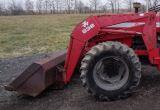 838 Loader
838 Loader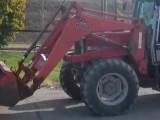 848 Loader
848 Loader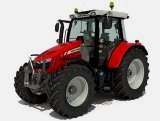 5712SL
5712SL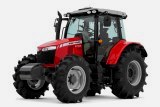 6713
6713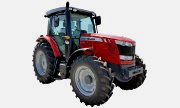 6715S
6715S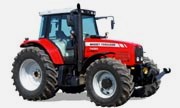 7475
7475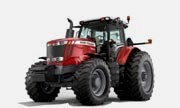 7615
7615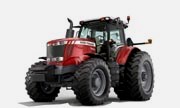 7716
7716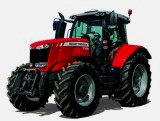 7724
7724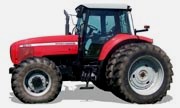 8240
8240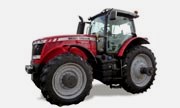 8650
8650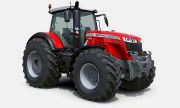 8732
8732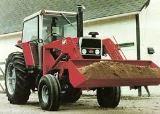 246 Loader
246 Loader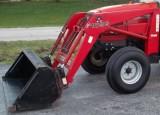 1036 Loader
1036 Loader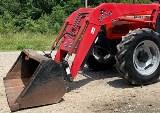 1038 Loader
1038 Loader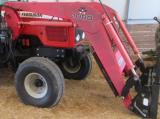 1080 Loader
1080 Loader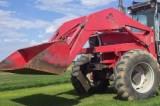 856 Loader
856 Loader